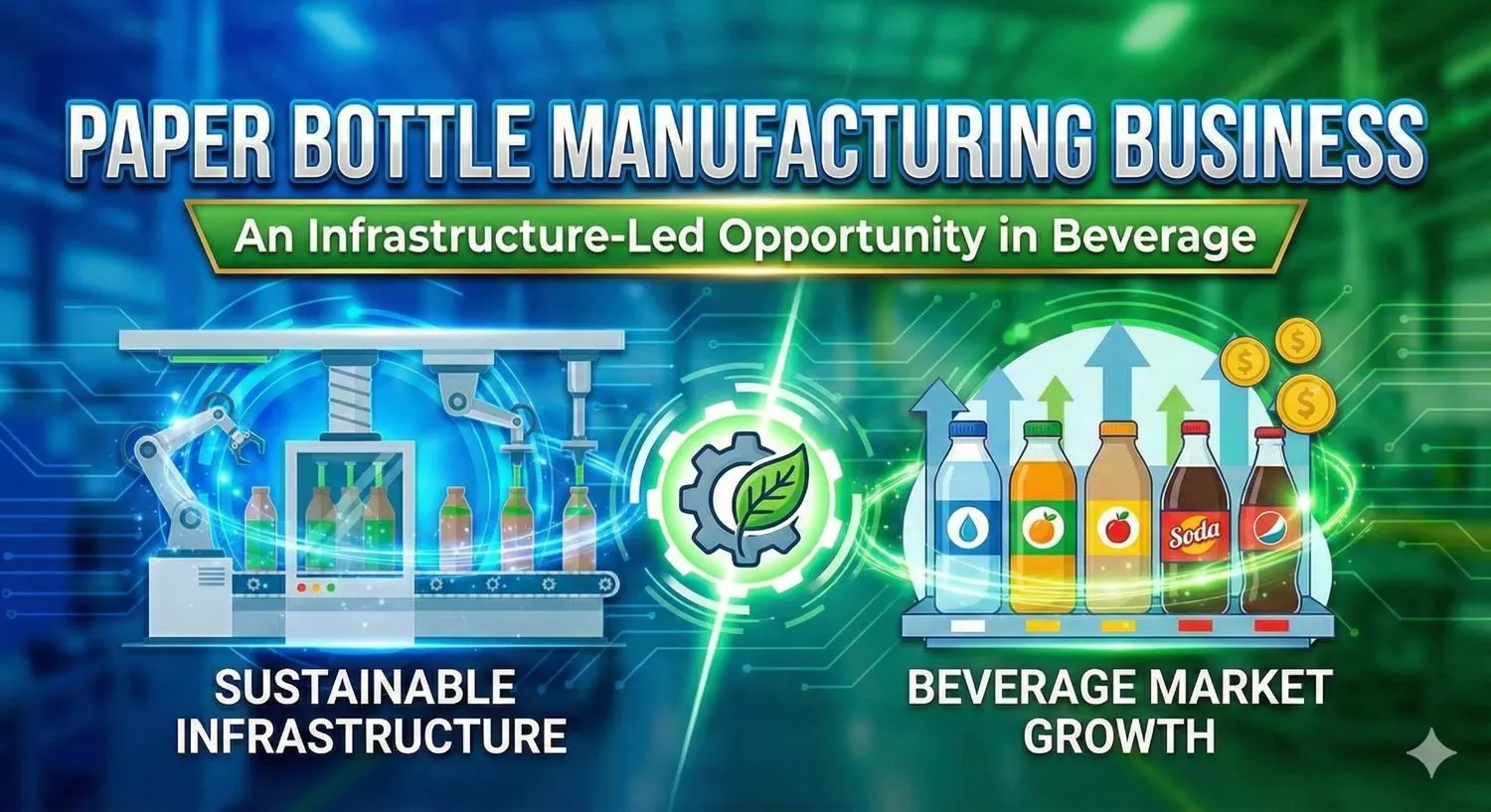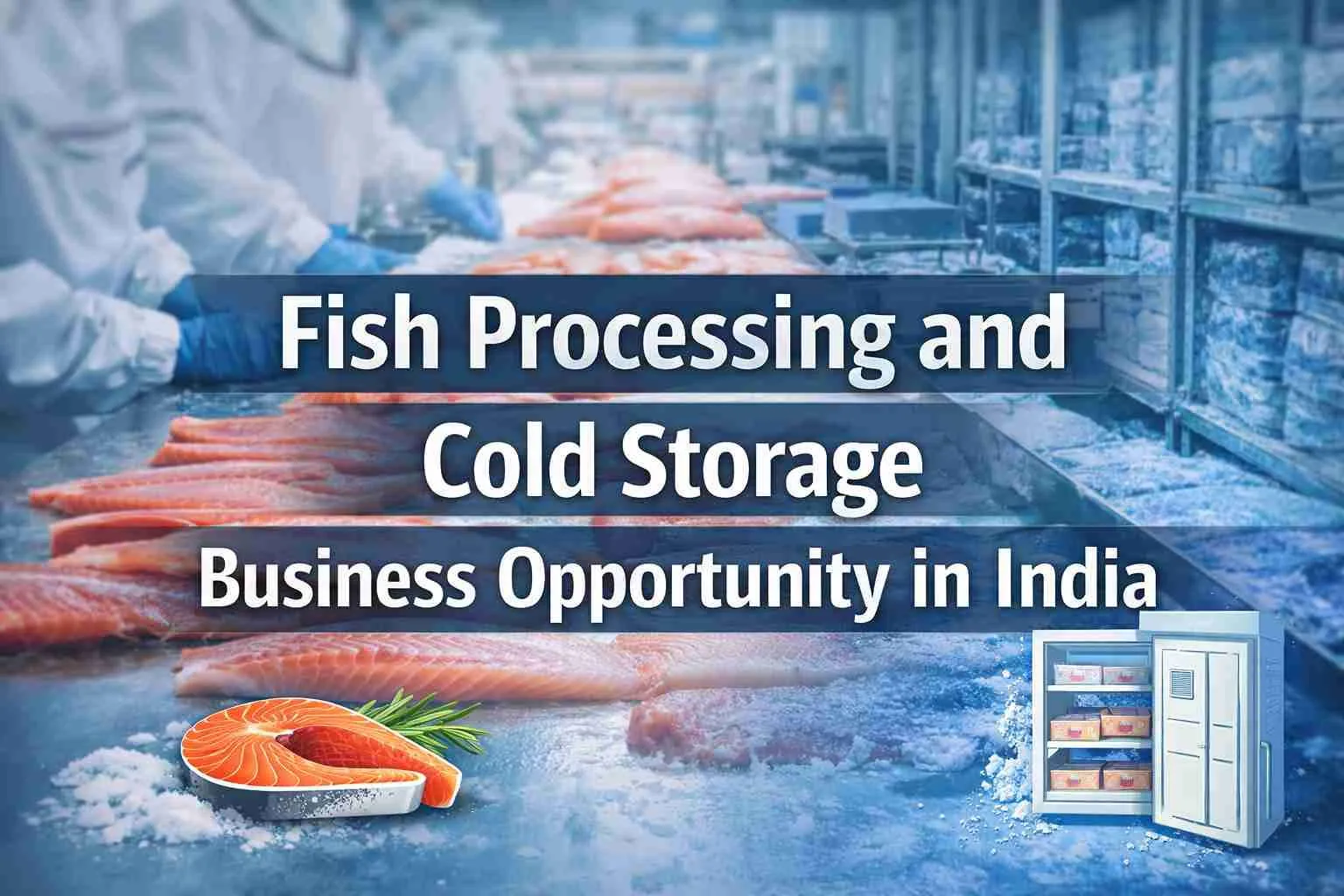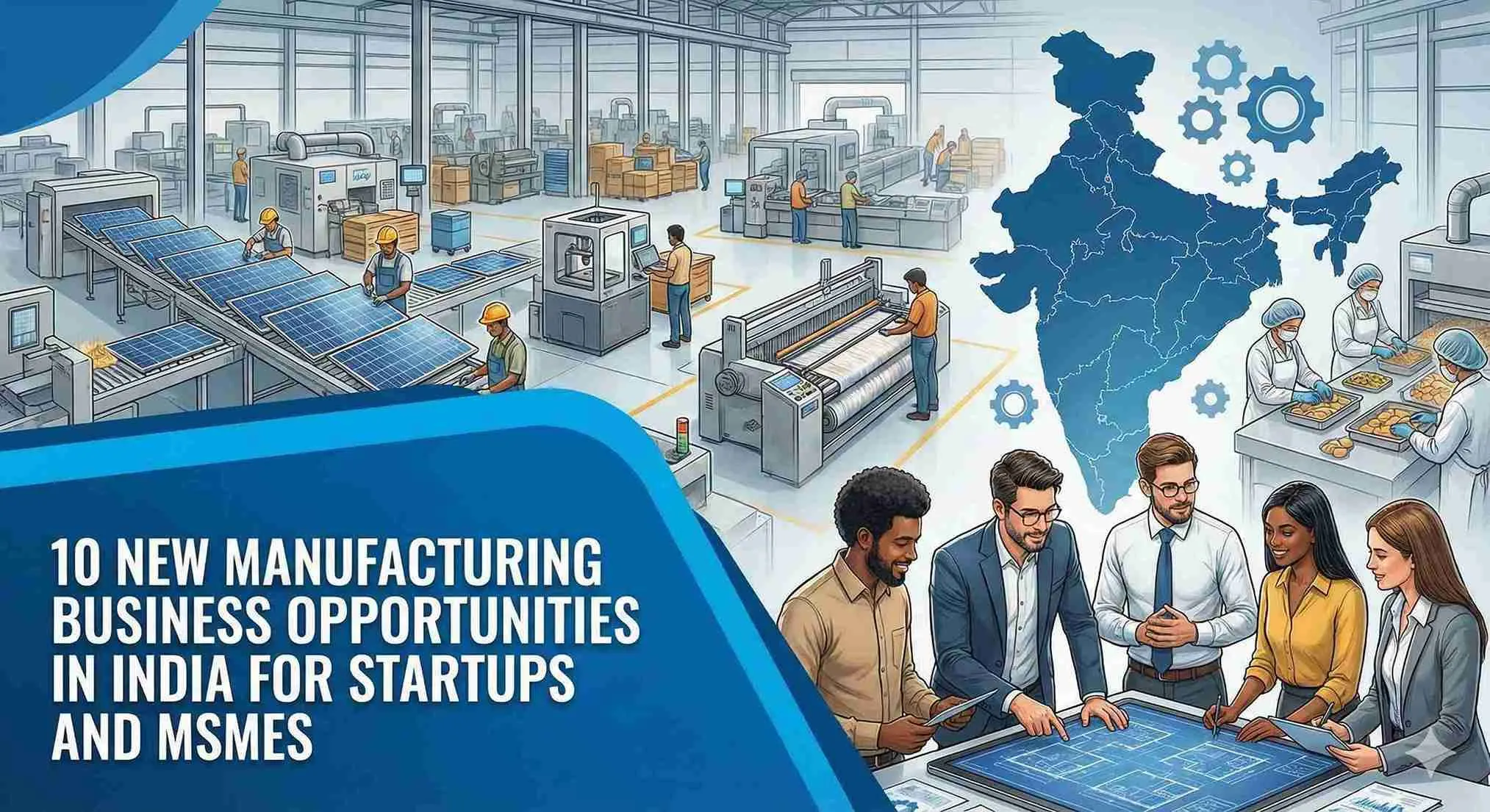Plastic waste continues to be one of the most significant environmental challenges of our time. However, where there’s a problem, there also lies an opportunity. In 2025, the global demand for sustainable solutions is higher than ever, and starting a Plastic Recycling Business can be a profitable and eco-friendly venture. With increasing awareness, government support, and innovative technology, turning waste into wealth through plastic recycling is not just viable—it’s a forward-thinking move toward a greener planet.
Contents
- 1 Why Plastic Recycling Business Is a Smart Move in 2025
- 1.1 Step-by-Step Guide to Start a Plastic Recycling Business
- 1.1.1 Market Research and Business Planning
- 1.1.2 Choose the Type of Recycling Process
- 1.1.3 Location and Legal Formalities
- 1.1.4 Procure Machinery and Equipment
- 1.1.5 Source Raw Material (Plastic Waste)
- 1.1.6 Hire and Train Workers
- 1.1.7 Quality Control and Packaging
- 1.1.8 Marketing and Sales
- 1.1.9 Utilize Government Support and Subsidies
- 1.2 Estimated Investment and Profitability
- 1.3 Challenges in the Plastic Recycling Business
- 1.4 Sustainability and Long-Term Impact
- 1.5 Final Words
- 1.1 Step-by-Step Guide to Start a Plastic Recycling Business
Why Plastic Recycling Business Is a Smart Move in 2025
The Plastic Recycling Business has become crucial due to the mounting environmental concerns surrounding plastic pollution. Every year, millions of tons of plastic are discarded, often ending up in landfills or oceans. Recycling plastic reduces the need for raw materials, saves energy, and significantly cuts down on pollution. In India and across the globe, governments are promoting recycling through subsidies, policies, and awareness campaigns, making it a lucrative business opportunity.
Moreover, the cost of recycled plastic is lower than virgin plastic, and industries are increasingly adopting it in packaging, construction, textiles, and consumer goods. Whether you’re an eco-conscious entrepreneur or a business-minded investor, venturing into the Plastic Recycling Business in 2025 aligns with both economic and environmental interests.
See Also: Bicycle Manufacturing Business
Step-by-Step Guide to Start a Plastic Recycling Business
Market Research and Business Planning
Before jumping into the business, understand the local and global demand for recycled plastic. Identify the types of plastic most commonly used and wasted in your region—such as PET, HDPE, LDPE, and PP. Know your competition, pricing strategies, and the end-users of recycled plastic. A solid business plan should include operational workflow, sourcing strategies, funding requirements, and ROI projections.
Choose the Type of Recycling Process
Recycling plastic isn’t a one-size-fits-all operation. There are mainly three types of recycling:
-
Mechanical Recycling: Shredding and melting plastic into new products.
-
Chemical Recycling: Breaking plastic down into monomers to recreate virgin plastic.
-
Energy Recovery: Burning plastic waste to produce energy.
Mechanical recycling is the most widely used and cost-effective process for small and medium-scale units. Based on your investment capacity and target market, choose the process that fits your goals.
Location and Legal Formalities
Find a location that’s industrially approved, away from residential zones, and easily accessible for transport. You’ll need permissions and licenses from:
-
Pollution Control Board (for environmental clearance)
-
Factory License (from local municipal authority)
-
GST registration
-
MSME or Udyam registration for small businesses
In 2025, many states are simplifying these legal processes and offering online portals for registration.
Procure Machinery and Equipment
The main equipment needed in a Plastic Recycling Business includes:
-
Shredders and granulators
-
Washing units
-
Dryers
-
Extrusion machines
-
Cooling tanks
-
Pelletizing machines
You can either purchase brand-new machines or go for second-hand equipment to save costs. Domestic manufacturers now provide automated and energy-efficient solutions ideal for startups.
Source Raw Material (Plastic Waste)
The primary input for your business is waste plastic. Tie up with:
-
Local ragpickers and collection centers
-
Municipal waste management bodies
-
Industrial plastic scrap dealers
-
Waste importers (ensure compliance with import laws)
Offering competitive rates and a smooth pickup system will help you maintain a steady supply of raw material.
Hire and Train Workers
Operating machinery and sorting plastic types require skilled labor. Hiring trained operators, machine technicians, and safety officers is crucial. In addition, train your workforce in plastic identification, sorting, safety measures, and quality control to reduce operational errors and improve output quality.
See Also: Fusion Bonded Epoxy
Quality Control and Packaging
Recycled plastic must meet industry standards to be resold or reused. Conduct quality checks for:
-
Color
-
Melt flow index
-
Density
-
Contaminant levels
After the recycling process, pack the plastic granules or flakes in standard sizes and label them properly for resale.
Marketing and Sales
Reach out to manufacturers who use recycled plastic, such as packaging firms, furniture manufacturers, textile units, and even 3D printing companies. Use online B2B portals like IndiaMART, TradeIndia, Alibaba, and export channels. Additionally, showcasing your plant as an eco-friendly unit may attract green investors and grants.
Utilize Government Support and Subsidies
In India and globally, various subsidies and schemes exist for the recycling industry. In 2025, schemes like:
-
PMEGP (Prime Minister’s Employment Generation Programme)
-
Start-Up India Seed Fund
-
State-specific environment and MSME subsidies
…are helping new entrepreneurs kickstart their businesses with low-interest loans, machinery grants, and tax exemptions.
Estimated Investment and Profitability
Starting a Plastic Recycling Business requires an initial investment of ?15–50 lakhs depending on scale, machinery, and location. Here’s a rough breakdown:
-
Machinery and setup: ?10–30 lakhs
-
Land (rented/owned): ?2–10 lakhs
-
Licenses and clearances: ?1–2 lakhs
-
Initial raw material and labor: ?2–5 lakhs
Profit Margin: After covering initial setup and running costs, a medium-scale unit can expect monthly profits ranging from ?1 to ?5 lakhs, with scope to scale operations. The demand for recycled plastic is strong across manufacturing and packaging industries, ensuring continuous orders.
Challenges in the Plastic Recycling Business
Despite the profitability, challenges do exist:
-
Sorting and contamination: Mixing different plastic types or contaminants can degrade output quality.
-
Unorganized waste sector: Most plastic waste collection is informal and inconsistent.
-
Market volatility: Recycled plastic prices can fluctuate with crude oil rates.
-
Regulatory pressure: Environmental and safety compliance must be strictly followed.
Addressing these through technology, training, and regular audits can help maintain smooth operations.
Sustainability and Long-Term Impact
By investing in a Plastic Recycling Business, you’re not just making money—you’re contributing to the circular economy and reducing environmental harm. In 2025, sustainability is no longer an option but a necessity. Consumers and corporations alike are leaning towards eco-conscious products, and recycled plastic is at the heart of this movement.
In addition to economic returns, your business will:
-
Reduce landfill burden
-
Lower greenhouse gas emissions
-
Save petroleum-based resources
-
Create local employment
You can also explore expansion opportunities into plastic product manufacturing, plastic road construction material, or recycled packaging solutions.
See Also: Silico Manganese Manufacturing
Final Words
The Plastic Recycling Business in 2025 is a timely opportunity for those who wish to make a difference while generating substantial income. With a well-structured plan, proper licensing, reliable sourcing, and quality-focused operations, you can build a sustainable and successful venture. As the world shifts towards greener practices, businesses like yours can play a pivotal role in shaping a cleaner future.














